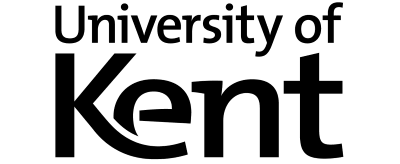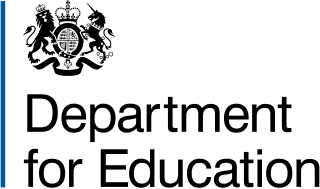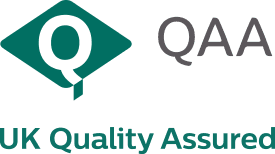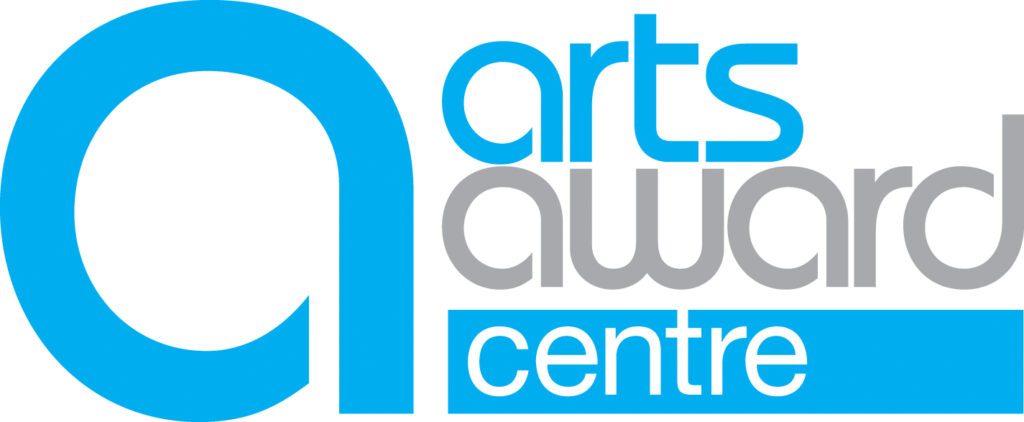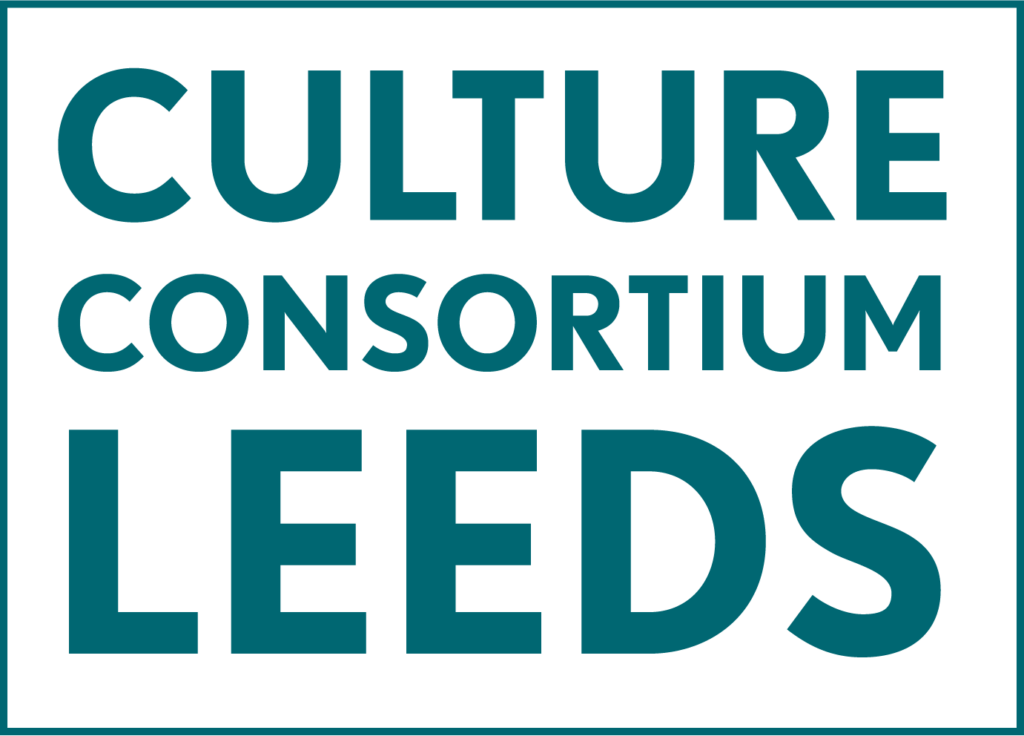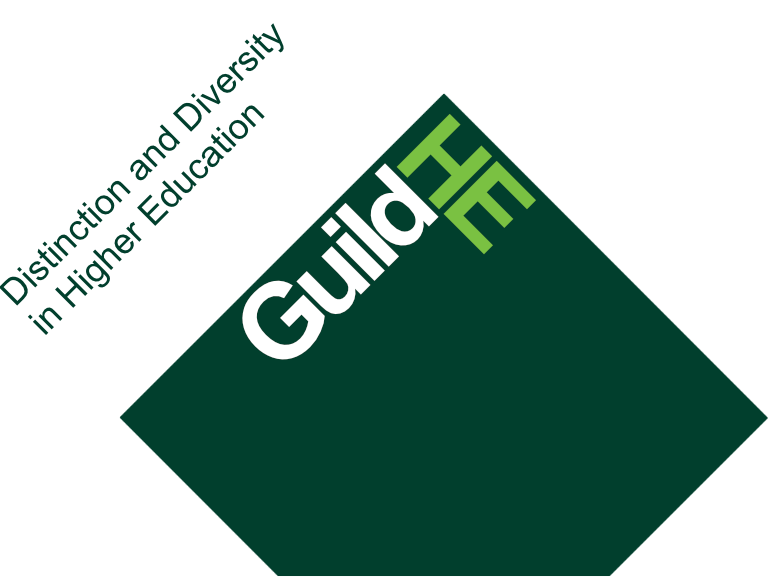Injury rehabilitation and provision for students
NSCD has an injury rehabilitation provision to help students better understand and recover from injury and/or prevent them from developing chronic injuries.
We provide many ways to support students in this, exploring:
- How to take a proactive approach to preventing physical injuries
- How to manage and recover from pain and injury
- How to develop an understanding of what your body needs to stay well
Our Physio and Wellbeing Teams are in place to offer a comprehensive framework of support for all students. When it comes to bodywork and injury management, this support includes:
- Injury rehabilitation and prevention strategies with the on-site Peak Physio team
- Referral to external specialist services, including Osteopathy and MRIs
- Signposting to NHS and private healthcare services where required
- Nutrition advice and support with disordered eating
We view injury as a process. There is no quick fix. Recovery requires patience to understand what needs to change in your practice to make it more physically sustainable. Our NSCD Bodywork provision is set up to support you in this process.
Wherever possible we aim to work with physical concerns and injuries in-house so that we can:
- Keep track of your progress
- Support your recovery and wellbeing
- Help you stay engaged with your training.
Our Physiotherapy Provision
- Our onsite physio team run clinics throughout the week offering free appointments to assess and treat injuries and create bespoke rehabilitation plans
- The team supports students in developing the ability to respond to injury through exercises, active rest and restorative movement, so that students can still engage physically with their training.
Integrative Bodywork Classes
These run regularly as part of technical classes. They are an opportunity for students to develop somatic awareness by restoring energy and re-organizing the body in terms of injury recovery. The intention of the class is to create energetic and structural balance through an amalgamation of Somatic Movement practices (experiential anatomy, developmental and evolutionary movement, BMC, yoga, pilates). Learning involves solo explorations, partner touch re-patterning work, as well as group exercises.
Bodywork Studio
The Bodywork Studio has a range of equipment to aid students in working with the body, including Pilates machines, free weights, proprioceptive aids, cardio machines and a stretching/restorative area.
External Providers
NSCD works in collaboration with local osteopathy, physiotherapy, acupuncture and massage providers to support recovery from injury. The provision is subsidised by NSCD to ensure all students can access treatment. This happens in close consultation with the Physio and Wellbeing Teams in order to ensure safe return to class and/or rehearsal. We offer help and support in finding a local GP and other NHS services – if a medical route is necessary (i.e. specialist consultations, scans etc.)
Health insurance
NSCD is committed to providing a safe and healthy environment to train dance artists, however our courses and assessments can be physically demanding. In addition to this, dance by its very nature includes elements of risk, including injury. Whilst we take all reasonably practicable measures to reduce or eliminate these risks, however it is not possible to eliminate them all. For this reason, we encourage students to consider taking out private health insurance to support them with any medical treatment they may require.
Health care can be obtained free of charge from the NHS but waiting times for treatment are unpredictable and may result in disruption to and/or interruption of studies.
A useful resource is the National Institute of dance, medicine and science: https://www.nidms.co.uk/private-healthcare
Constructive Rest Sessions
These in-person sessions often run during the week at lunchtime to support balanced practice and restoration of the nervous system, led by a cross-faculty team. In addition to this, there is an NSCD-commissioned rest session available for all students via the NSCD Virtual Learning Environment (VLE), enabling students to access this wherever they may be.
Research
Research in this area at NSCD is ongoing. Cross-faculty collaborations are integral to this with regular attendance at conferences and workshops relating to dance and health, both in-house and at external institutions, as well as through exchange programmes.
How to access injury support
Students can contact any member of staff at any time should they be concerned with an injury, who will signpost them appropriately.
